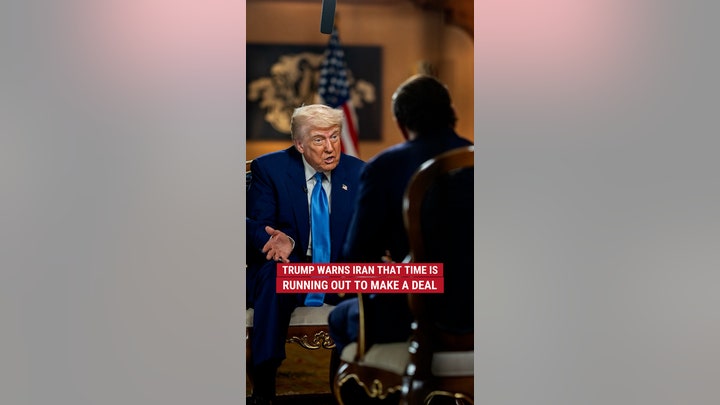President Donald J. Trump’s Middle East swing was one big, beautiful business trip – and America foreign policy will never be the same.
As we saw over and over again, Trump believes international relations work best when they consist of sharp-elbowed business deals. When countries are busy trading, launching construction projects, developing AI, etc., then ideology and military confrontation diminish and tolerance thrives. Of course, Trump’s battering of the Houthis with aircraft carriers and bombers greatly facilitated this trip.
But make no mistake. This is peace through strength: economic strength. Commerce, not conflict.
Way back in 1987, when the U.S. Navy was protecting oil tankers from Iran, Trump spent $95,000 on a full-page ad in the New York Times to tell America to stop paying to defend countries that can afford to defend themselves. ‘We are protective of Saudi Arabia. They should pay for it,’ Trump said to Larry King on CNN on Sep. 2, 1987.
Forty years later, as a second-term president, Trump has swept away tenets that drove American foreign policy for the last hundred years.
President Woodrow Wilson making the world safe for democracy as he led America into World War I in 1917? Gone.
Foreign aid soft-power culture projects? All over.
Secretary of State Hillary Clinton and President Barack Obama rabble-rousing the Arab spring of 2011 and ditching friends like Hosni Mubarak of Egypt? Not anymore.
Russian military bases in Syria and China cutting deals across the Middle East? Not so fast.
And you already know the new deal with NATO, an alliance dating from 1949. Going forward, America will remain the lead security partner deterring Russia, but trade deals will be squared up.
Adding to the shock and awe, Trump expanded the roster of his national security team for this away game. The secretaries of State, Defense, Treasury and Commerce were joined by businessmen: Tesla CEO Elon Musk, OpenAI CEO Sam Altman, Nvidia CEO Jensen Huang, Boeing CEO Kelly Ortberg, GE Aerospace CEO Larry Culp and others. Why? Trump is putting businessmen on the field to run plays that boost the U.S. and knock back China.
And not a moment too soon. For it is the rise of China and the technology threat of AI that has made Trump’s shift urgent.
Here are six major scores from his Middle East trip.
1. Investment in USA
Trump raked in over $2 trillion in investment pledges from Saudi Arabia, Qatar and the UAE. This is real money, coming directly to America. Check out the UAE investing $1.4 trillion in the U.S., ranging from natural gas in Texas to data centers to the first new U.S. aluminum smelting facility in 35 years.
2. AI chip sales
Long-term, this may be the single most valuable outcome of Trump’s trip. You don’t want a world where China rules in artificial intelligence, and Saudi Arabia, the UAE and others end up in Xi Jinping’s lap. Trump has made AI leadership a priority for U.S. foreign policy.
The UAE is going full AI and will import 500,000 Nvidia chips per year for AI datacenters. Allowing sales to Mideast partners will help U.S. companies gain global market share over China. You can bet Commerce has ways to monitor how chips are used, and restrictions remain on the most advanced chips, but let me be clear. It was us or China. I’m glad Jensen Huang, and not Xi Jinping, got that deal.
3. Airpower
Playing to an American export strength, the trip yielded a gigantic order from Qatar Airways for 130 Boeing 787 Dreamliners, 30 777-9s, and options for 50 more jets, making this the biggest widebody order ever. Boeing says the order supports 400,000 American jobs throughout the supply chain.


